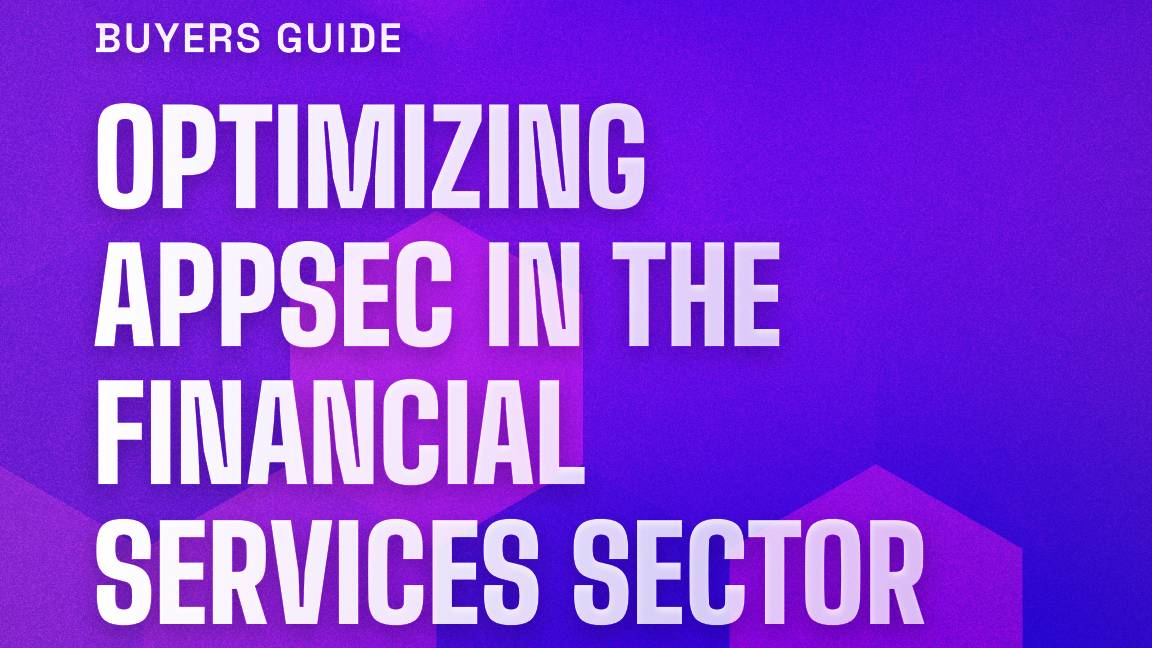Tech leaders worry AI innovation is outpacing governance
The pace of AI innovation is making it increasingly difficult to handle issues of safety and responsibility


The rapid growth of AI is outpacing effective governance, researchers have warned, with business leaders desperate for more clarity on regulation.
NTT Data’s Responsibility Gap Survey of C-suite executives concludes that there's an urgent need for stronger AI leadership, balancing innovation with responsibility.
Eight-in-ten said a lack of clear policies is preventing them from scaling generative AI initiatives, and that unclear government regulations are hindering AI investment and implementation, leading to delayed adoption.
And while nine-in-ten executives said they worry about AI security risks, only a quarter of CISOs said they have a robust governance framework.
"The enthusiasm for AI is undeniable, but our findings show that innovation without responsibility is a risk multiplier," said NTT Data CEO Abhijit Dubey.
"Organizations need leadership-driven AI governance strategies to close this gap — before progress stalls and trust erodes."
There's a big split amongst C-suite executives about the appropriate balance between safety and innovation. A third of executives believe responsibility matters more than innovation, one-third think the opposite, and one-third rates them equally.
Get the ITPro daily newsletter
Sign up today and you will receive a free copy of our Future Focus 2025 report - the leading guidance on AI, cybersecurity and other IT challenges as per 700+ senior executives
There are also concerns about sustainability, with three-quarters of leaders saying that their AI ambitions conflict with corporate sustainability goals, forcing them to rethink energy-intensive AI solutions.
Additionally, two-thirds of executives say their employees lack the skills to work effectively with AI, while 72% admit they don't have an AI policy in place to guide responsible use.
NTT Data recommends introducing Responsible by Design Principles, building AI responsibly from the ground up and, integrating security, compliance, and transparency into development from day one.
Leaders need a systematic approach to ethical AI standards, going beyond legal requirements, and organizations should upskill employees to work alongside AI and ensure teams understand AI’s risks and opportunities.
RELATED WHITEPAPER

Meanwhile, there needs to be global collaboration on AI policy, with businesses, regulators, and industry leaders coming together to create clearer, actionable AI governance frameworks and establish global AI standards.
"AI’s trajectory is clear — its impact will only grow. But without decisive leadership, we risk a future where innovation outpaces responsibility, creating security gaps, ethical blind spots, and missed opportunities," said Dubey.
"The business community must act now. By embedding responsibility into AI’s foundation—through design, governance, workforce readiness, and ethical frameworks—we unlock AI’s full potential while ensuring it serves businesses, employees, and society at large equally."
MORE FROM ITPRO
- Everything you need to know about AI and data protection
- Why your business needs data protection policies
- A lack of AI guidance is causing serious GDPR headaches
Emma Woollacott is a freelance journalist writing for publications including the BBC, Private Eye, Forbes, Raconteur and specialist technology titles.
-
 Bigger salaries, more burnout: Is the CISO role in crisis?
Bigger salaries, more burnout: Is the CISO role in crisis?In-depth CISOs are more stressed than ever before – but why is this and what can be done?
By Kate O'Flaherty Published
-
 Cheap cyber crime kits can be bought on the dark web for less than $25
Cheap cyber crime kits can be bought on the dark web for less than $25News Research from NordVPN shows phishing kits are now widely available on the dark web and via messaging apps like Telegram, and are often selling for less than $25.
By Emma Woollacott Published
-
 Foreign AI model launches may have improved trust in US AI developers, says Mandiant CTO – as he warns Chinese cyber attacks are at an “unprecedented level”
Foreign AI model launches may have improved trust in US AI developers, says Mandiant CTO – as he warns Chinese cyber attacks are at an “unprecedented level”News Concerns about enterprise AI deployments have faded due to greater understanding of the technology and negative examples in the international community, according to Mandiant CTO Charles Carmakal.
By Rory Bathgate Published
-
 Security experts issue warning over the rise of 'gray bot' AI web scrapers
Security experts issue warning over the rise of 'gray bot' AI web scrapersNews While not malicious, the bots can overwhelm web applications in a way similar to bad actors
By Jane McCallion Published
-
 Law enforcement needs to fight fire with fire on AI threats
Law enforcement needs to fight fire with fire on AI threatsNews UK law enforcement agencies have been urged to employ a more proactive approach to AI-related cyber crime as threats posed by the technology accelerate.
By Emma Woollacott Published
-
 OpenAI announces five-fold increase in bug bounty reward
OpenAI announces five-fold increase in bug bounty rewardNews OpenAI has announced a slew of new cybersecurity initiatives, including a 500% increase to the maximum award for its bug bounty program.
By Jane McCallion Published
-
 Hackers are turning to AI tools to reverse engineer millions of apps – and it’s causing havoc for security professionals
Hackers are turning to AI tools to reverse engineer millions of apps – and it’s causing havoc for security professionalsNews A marked surge in attacks on client-side apps could be due to the growing use of AI tools among cyber criminals, according to new research.
By Emma Woollacott Published
-
 Multichannel attacks are becoming a serious threat for enterprises – and AI is fueling the surge
Multichannel attacks are becoming a serious threat for enterprises – and AI is fueling the surgeNews Organizations are seeing a steep rise in multichannel attacks fueled in part by an uptick in AI cyber crime, new research from SoSafe has found.
By George Fitzmaurice Published
-
 12,000 API keys and passwords were found in a popular AI training dataset – experts say the issue is down to poor identity management
12,000 API keys and passwords were found in a popular AI training dataset – experts say the issue is down to poor identity managementAnalysis The discovery of almost 12,000 secrets in the archive of a popular AI training dataset is the result of the industry’s inability to keep up with the complexities of machine-machine authentication.
By Solomon Klappholz Published
-
 Microsoft is increasing payouts for its Copilot bug bounty program
Microsoft is increasing payouts for its Copilot bug bounty programNews Microsoft has expanded the bug bounty program for its Copilot lineup, boosting payouts and adding coverage of WhatsApp and Telegram tools.
By Nicole Kobie Published